Shift your focus from reducing taxes to building wealth
Preparing for and complying with Tax Year-End can be stressful for small business owners.
Rather than only focusing on cutting your tax bill, we consider a different strategy: focus on growing wealth and use the Tax Year-End time to review your financial situation and make changes, if necessary. In this article, we highlight nine things to think about to reduce your tax bill and grow your wealth. Originally published by Jasper Basson for Sage.com.
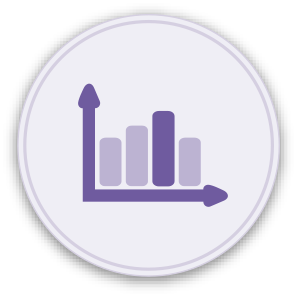
1. Grow wealth by reinvesting your RA tax refund
You can claim up to 27.50% of your taxable income as a deduction (up to a maximum of R350,000 per year). In most cases, this will be your total contributions for the year. Rather than spending the refund, clients are advised to grow their wealth by reinvesting it into their RA.
Let’s say your effective tax rate for the year is 25%. A portion of that will be for tax refunds for your RA contributions. By reinvesting that portion back into your RA, you effectively make an additional 25% growth on your RA per annum.
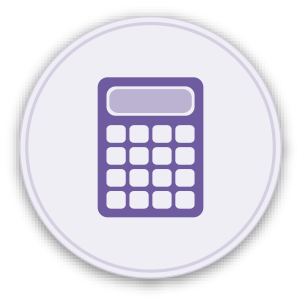
2. Getting too creative with tax deductions could end up costing you more
Clients often ask if it’s a good idea to purchase a new vehicle to bring down their tax liability. The short answer is no: Buying a vehicle to pay less tax only makes sense if it works for you, for example, as a delivery van. In that case, yes, you will pay less tax, but remember that you can’t achieve capital growth without an income tax effect.
Based on an effective tax rate of 25%, you would need to spend R100 to save R25, leaving 75% less in the bank. But by not spending the R100, you’ll still end up with R70 in the bank after tax. This is why you shouldn’t use saving tax as your only motivation to purchase a vehicle.
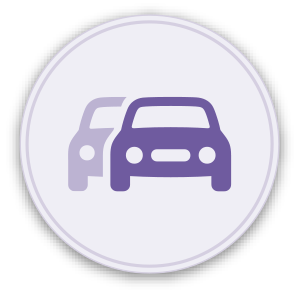
3. SARS is wary of travel claims
There are various types of travel claims: A travel allowance as part of a salary structure; a fringe benefit on a company car; and the use of vehicles to conduct business and generate income.
Whatever your situation, you need to keep a logbook. Recently, SARS audits have been particularly focused on travel claims, which is understandable with the world shifting to remote work and international travel grinding to a halt. If you’re audited, these are the documents you’ll need to provide SARS:
- Detailed travel logbook (investing in an electronic logbook might be your best return on investment for travel claim purposes.)
- Purchase finance agreement for your vehicle (if you paid cash, you’d need to provide the invoice, proof of payment, and registration document.)
- If you used a vehicle registered in someone else’s name, attach an affidavit by that person confirming that you may use the vehicle.
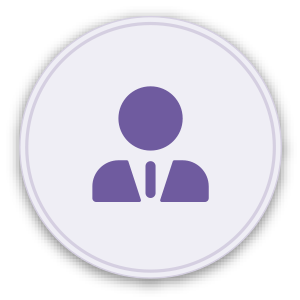
4. ETI: The most powerful small business tax hack
The Employment Tax Incentive (ETI) is probably the most effective tax hack for small business owners. Your business qualifies for the ETI if you employ people under certain requirements, such as:
- Monthly salary between R2,000 and R6,500
- Ages between 18 and 29
- Valid South African ID.
Speak to your accountant for guidance on how to claim the ETI.
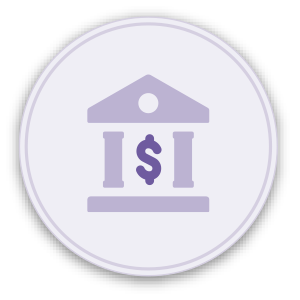
5. Use Tax-Free Savings Accounts (TFSA) benefits
Tax-Free Savings Accounts (TFSAs) offer tax benefits to investors because you don’t pay tax on dividends, interest or capital gains. This investment scheme requires after-tax money to be invested, with no deduction on your deposits. Currently, you can invest R36,000 per year, tax-free, with a total lifetime limit of R500,000.
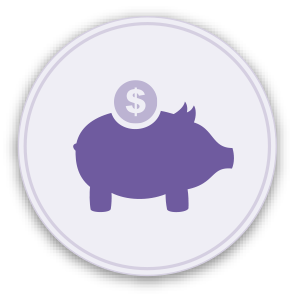
6. Capital gains tax consideration: Stretch the sale
Individuals receive an annual capital gains tax exemption of R40,000. If you are considering selling your business, try to structure the transaction over two income tax periods. In doing so, you can use the capital gains tax exemption over two years for one transaction.
When selling shares or property during this period, consider making the sale date from 1 March and not before 29 February. Doing this will postpone capital gains exposure and the impact on your cash flow. This tactic also allows you to generate additional income with the capital on hand before you need to declare provisional tax.

7. Pro bono work for charities
If you do pro bono work for a Public Benefit Organisation (PBO) approved charity, you might be able to obtain an annual Section 18A certificate for your services. Compile a spreadsheet of all pro bono services delivered between 1 March 2023 and 29 February 2024, including your market-related fee. The PBO may issue a Section 18A certificate to you for this amount. You will be able to deduct 10% of your taxable income on all donations to PBOs. A few things to note:
- Not all PBOs may issue Section 18A certificates. They must be separately approved by the SARS Tax Exemption Unit. Confirm this status with the charity you are working with.
- The Section 18A certificate must include the PBO’s reference number, date of receipt of the donation, name and address of the donor, and the amount or nature of the donation.
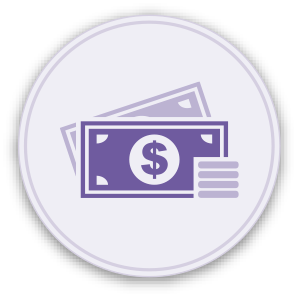
8. Net losses from part-time businesses
Many part-time entrepreneurs tend not to declare their secondary income for tax purposes, either because they think it’s irrelevant or are scared about the potential consequences on their income tax return. To be clear: it is compulsory to declare any additional income from any business source.
However, many of these businesses have a net loss in the first one to three years, mainly because the company is constantly evolving and growing, which requires input capital. These first few years of running at a loss will actually benefit you because the loss is deducted from your salary (as an employee), so your income tax liability will be smaller. This means you will receive income tax back from the overpayment of PAYE from your employer.
Note: In certain circumstances, SARS might ringfence the losses. This needs to be discussed with your tax consultant.
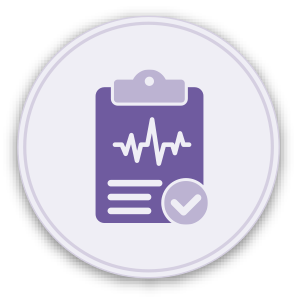
9. Conduct a financial health assessment
We suggest companies do a regular financial health assessment with SARS and the Companies and Intellectual Property Commission (CIPC). These are some of the things to look out for:
- Have the CIPC annual returns been submitted, and are they up to date?
- Are there any outstanding tax returns for the company or its directors?
- Is there any debt owed by the company or its directors?
- Does the company qualify for small business corporation status? This alone results in a massive saving in corporate tax.
- Can one use the Employment Tax Incentive on the payroll?
Speaking to your accounting and tax consultants, and automating your processes where possible, will help at Tax Year-End time. Get in touch for more info: info@mrbm.co.za or 031 818 9030.
